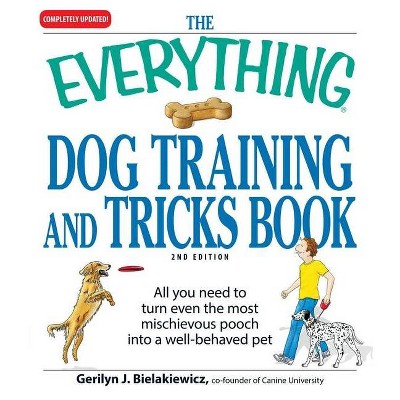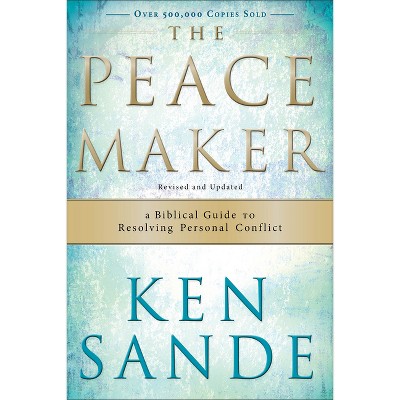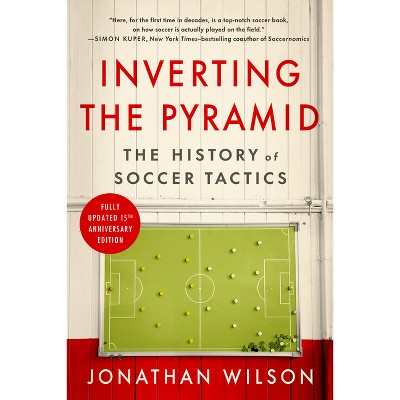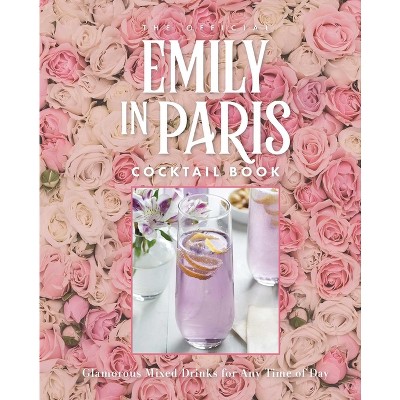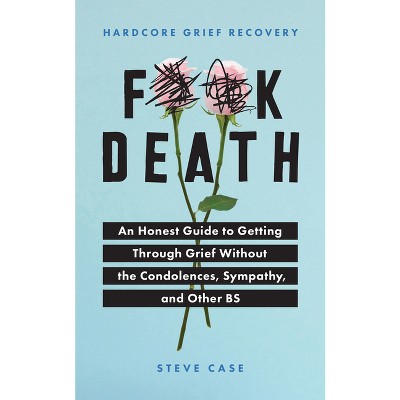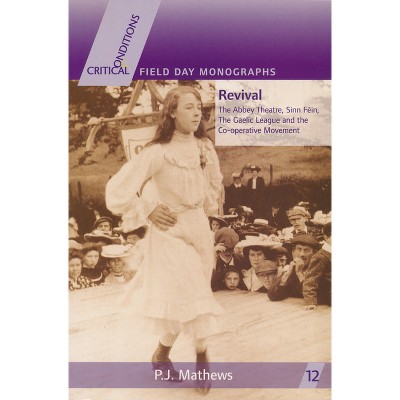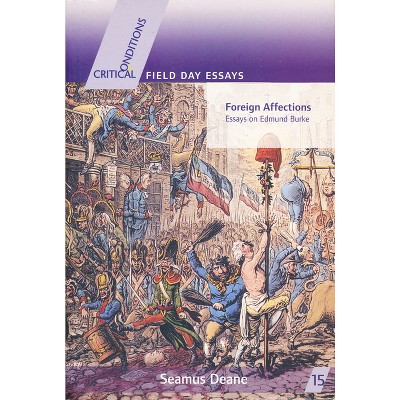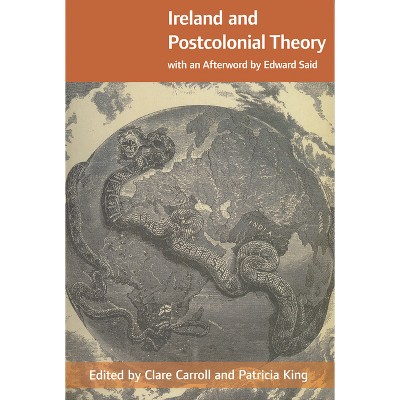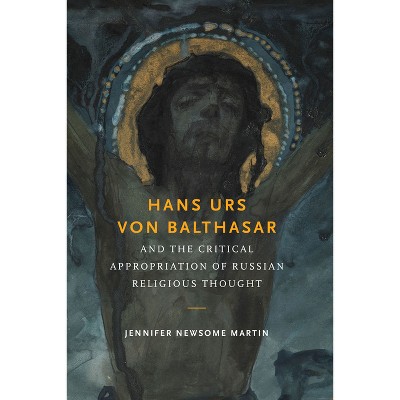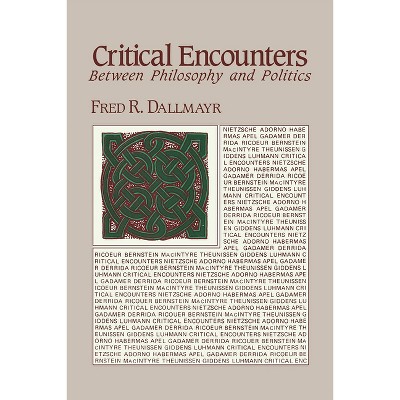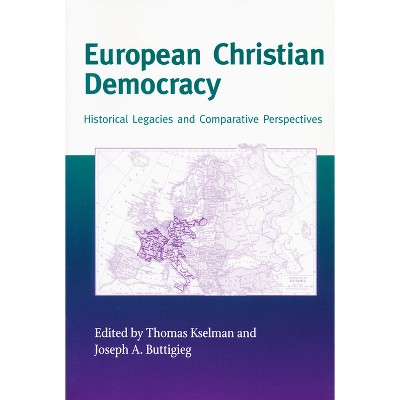Golden Ages and Barbarous Nations - (Critical Conditions: Field Day Essays and Monographs) by Clare O'Halloran (Paperback)

About this item
Highlights
- It is often said that all history writing is political.
- About the Author: Clare O'Halloran is lecturer in the History Department at University College Cork.
- 280 Pages
- History, Europe
- Series Name: Critical Conditions: Field Day Essays and Monographs
Description
About the Book
This book places Irish antiquarianism in comparative context during the second half of the eighteenth century
Book Synopsis
It is often said that all history writing is political. This book, the first major study of Irish antiquarian and historical writing during the turbulent second half of the eighteenth century, demonstrates the truth of this maxim. It charts the ways in which contemporary politics, notably the Catholic question, legislative independence and the gathering agrarian and political crises from the late 1780s, shaped articulations of the remote and recent past. Historical and antiquarian disputes mirrored political debate, so that Catholic and liberal Protestant interpretations of the past were pitted against conservative Protestant reiterations of earlier colonialist analyses. This study sets Irish writing in a broad European focus, examining the influence of key cultural developments, such as orientalism, primitivism and the vogue for Ossian. The intention is to show the complex ways in which Irish cultural politics in this period was open to, and interacted with, British imperial and wider European Enlightenment trends. Throughout the book, Scotland forms a particular point of comparison, since antiquaries there drew on the same Gaelic heritage in much of their work.
Review Quotes
". . . a pioneering study of a neglected aspect of Irish history." --Catholic Library World
". . . groundbreaking study. . ." --Irish Literary Supplement
"Clare O'Halloran places Irish antiquarianism in comparative context, identifies the issues and challenges faced by scholars, and argues that these beginnings of modern Irish historical study, conflicted as they were, had a profound and continuing influence on how we have understood the island's past." --History: Reviews of New Books
"This is a highly interesting topic excellently handled. O'Halloran's study cannot fail to become a standard work on the period 1760-1800." --Joep Leerssen, University of Amsterdam
About the Author
Clare O'Halloran is lecturer in the History Department at University College Cork.
Shipping details
Return details
Trending Non-Fiction
